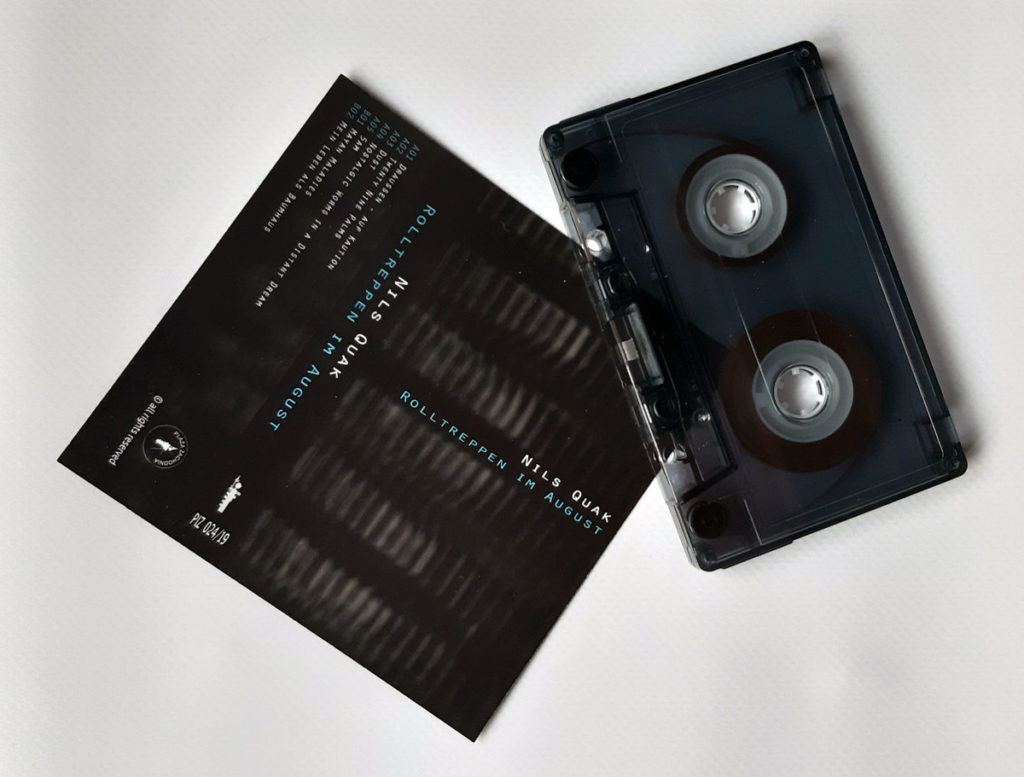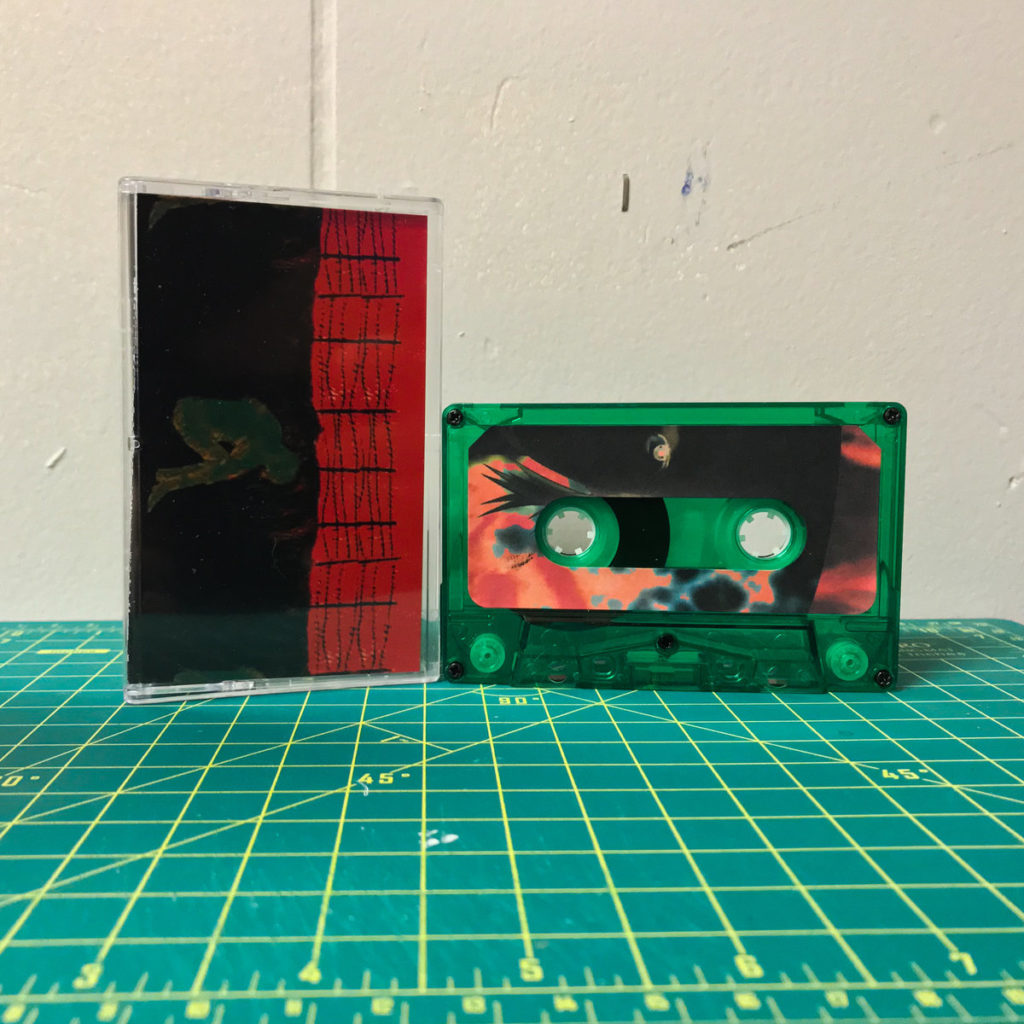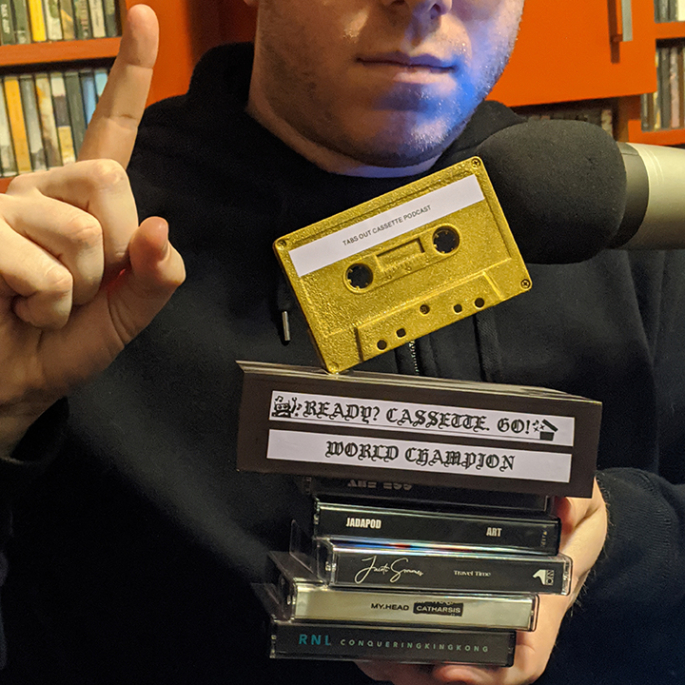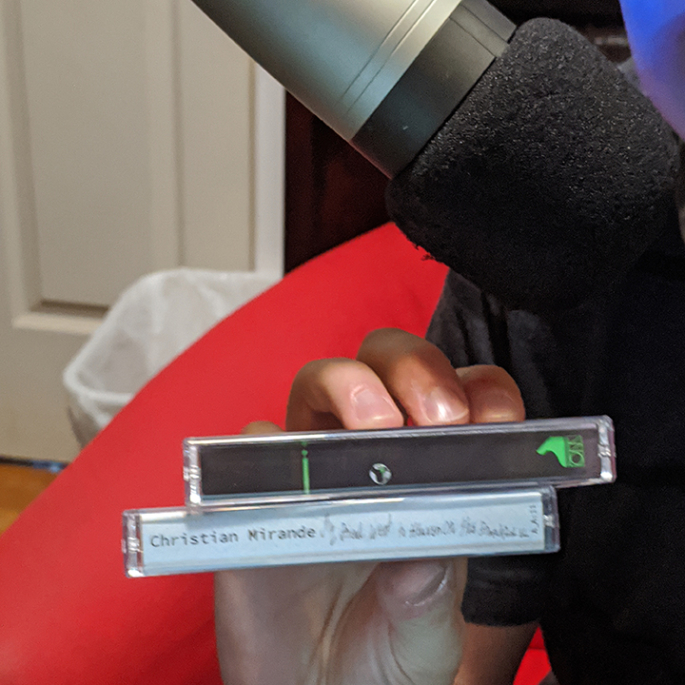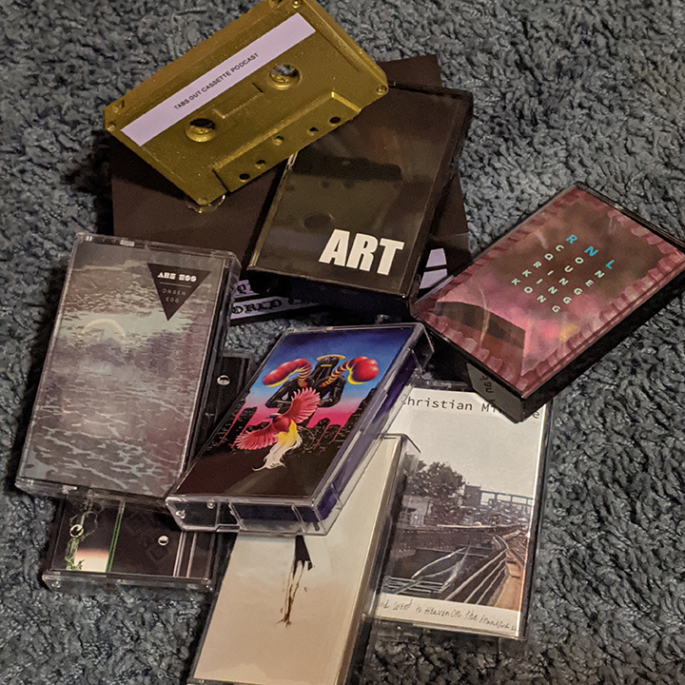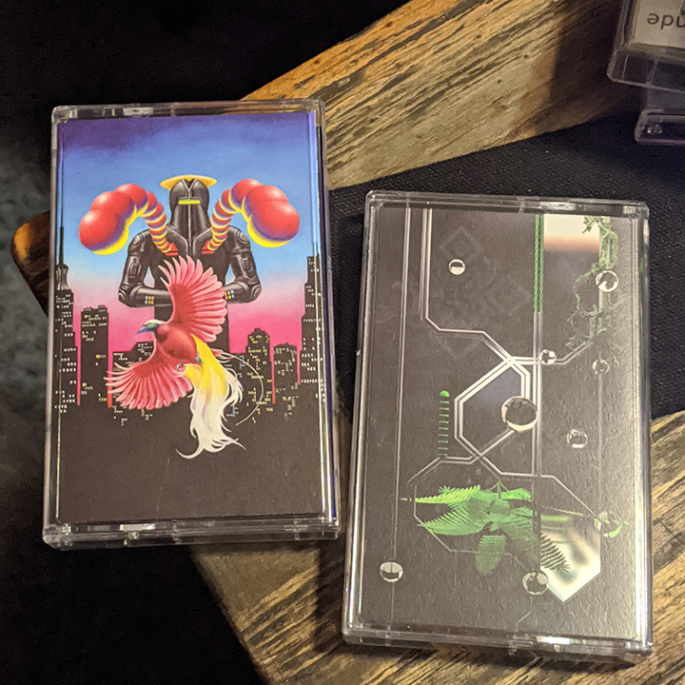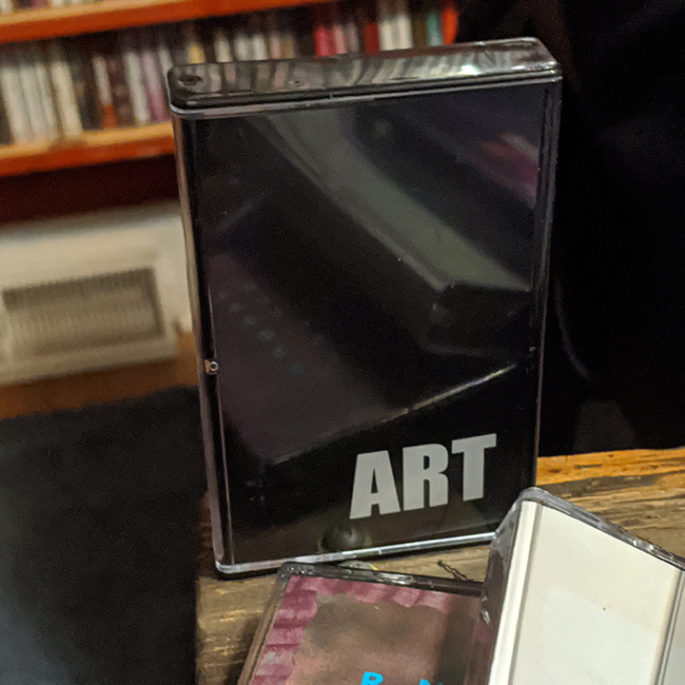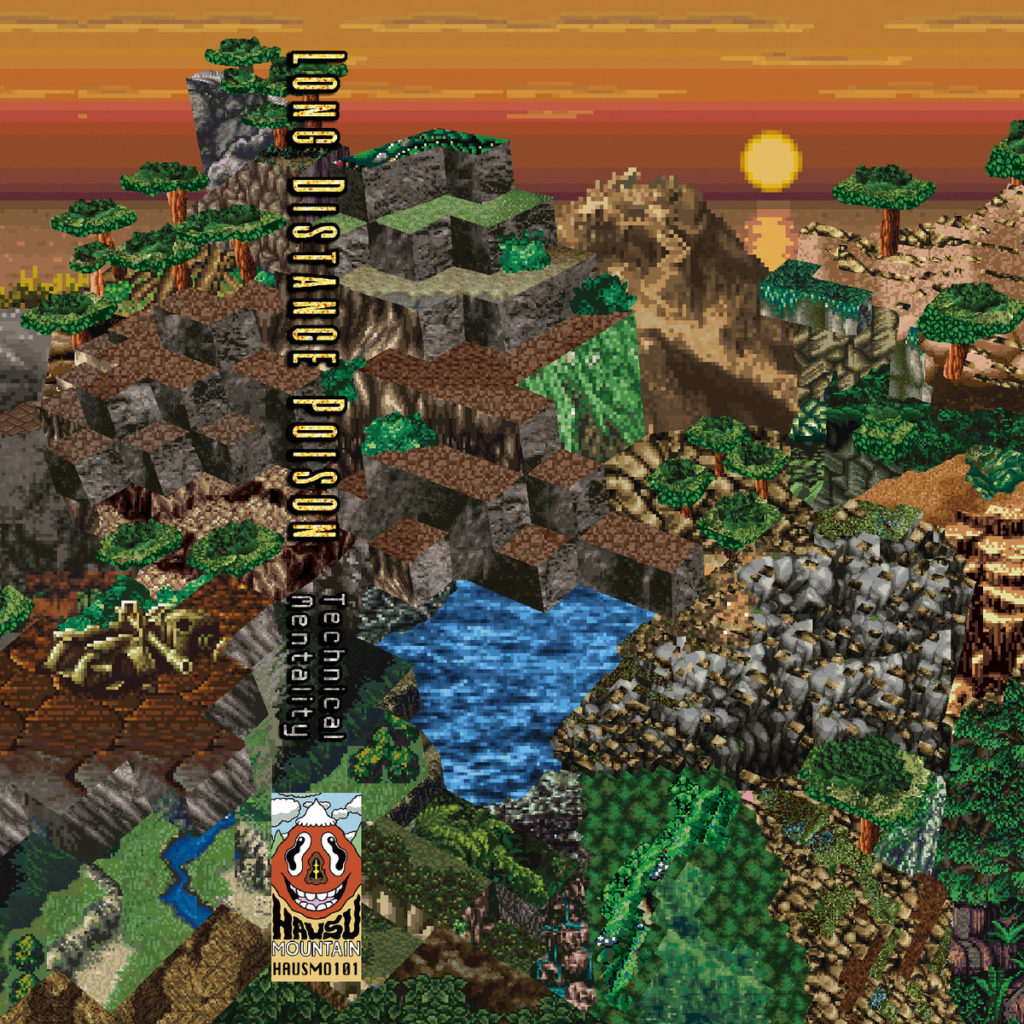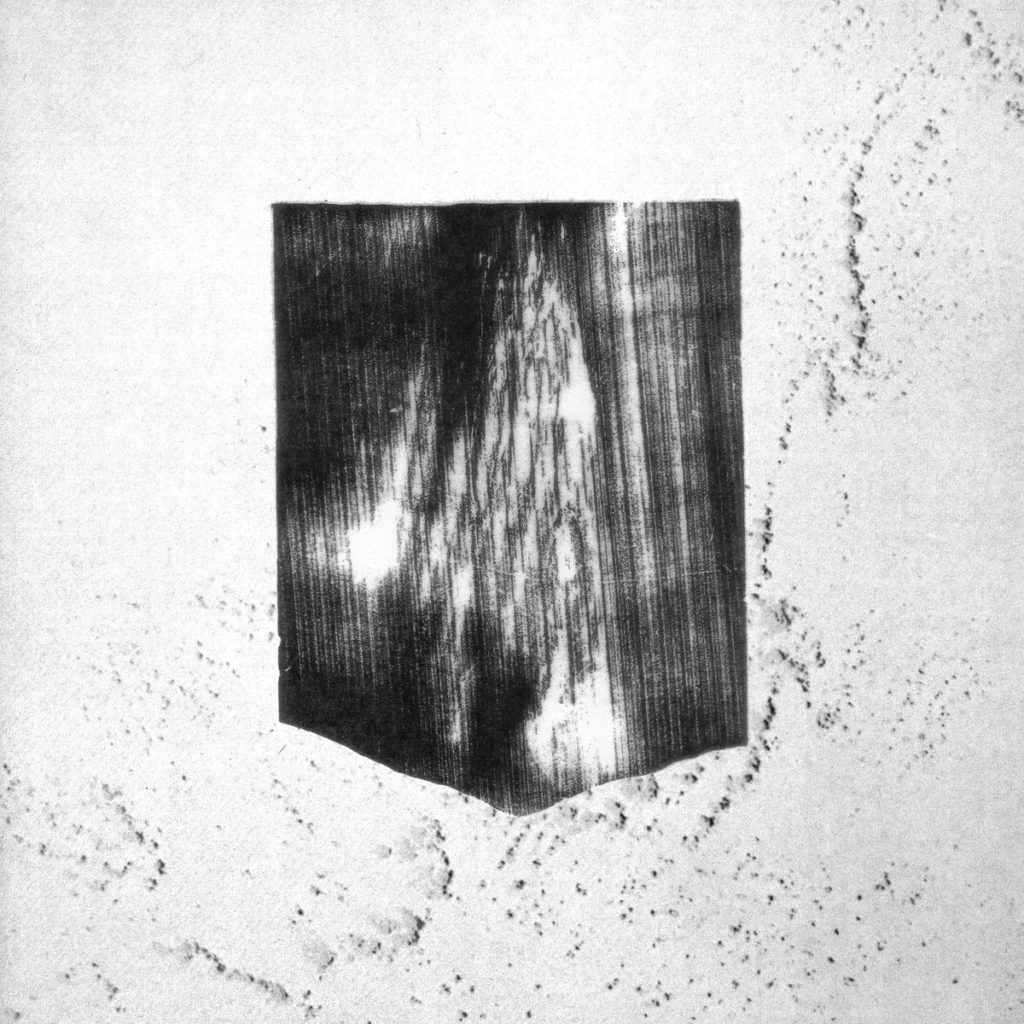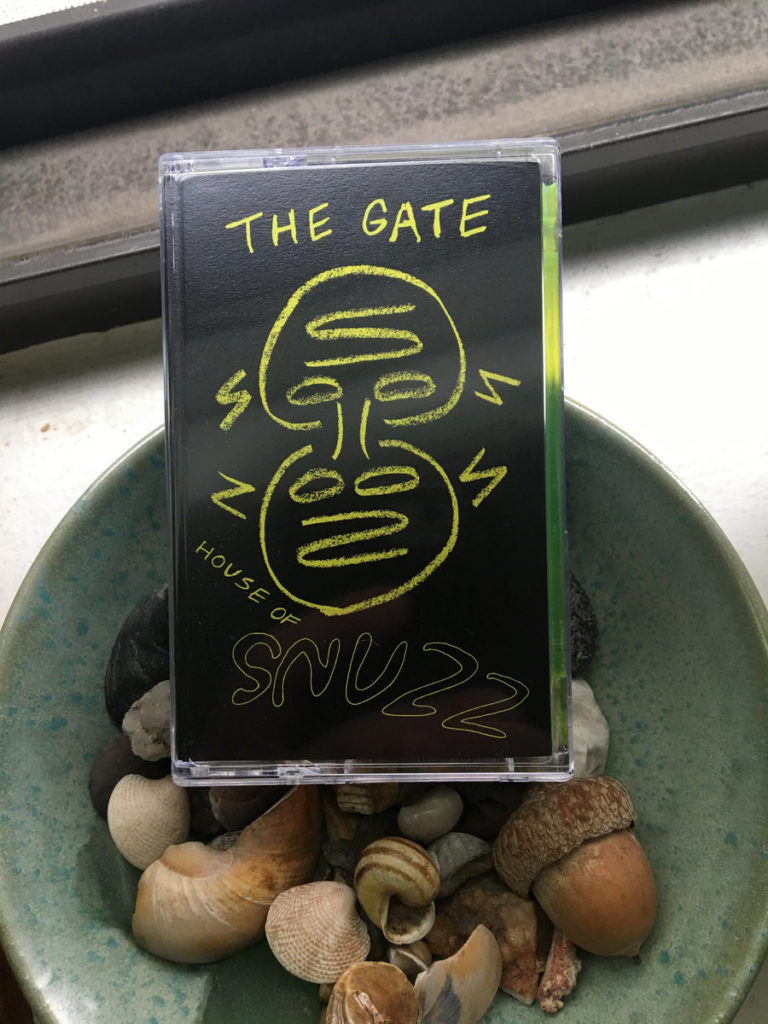1.30.20 by Ryan Masteller

We’ve barreled headlong into 2020 now, haven’t we? I can’t even tell anymore. It already just seems like 2019, but worse. It’s only January as I write this. How will I/we survive?
Maybe we can look to Already Dead Tapes as an example of perpetuating our longevity. Who would’ve guessed that a tape label started all the way back in 2009 would’ve made it to 2020 un-(or at least only partially, probably)scathed? Yet here we are, on the threshold of a stinking new decade, and we’re looking at catalog number AD324 from these wascally wabbits, now based in the “Delta hub” city of Atlanta. Over ten years and 324 releases, Joshua Tabbia and co. must’ve done something right along the way. Otherwise, why would 21 of the label’s closest friends band together for this hootenanny of a compilation?
They do it for the love of it, because Already Dead deserves to have been existence for ten years. These twenty-one artists only scratch the surface of what it is AD’s been consistently bringing us, and it’s an incredible cross-section of their roster. The snaky noise-rock/post-punk of Complainer leads it off perfectly, duh, but there are so many of my favorite underground artists contributing to this thing. Trip-hop dreamers The Binary Marketing Show make an appearance, as does misfit electro composer More Eaze, 2019 year-end-list-makers and hip hop visionaries The Hell Hole Store (not to mention experimental hip hop maestro Mu Vonz), and BOB BUCKO JR.’s The Myriad Ones. Tabbia himself drops a Cop Funeral track here (because OF COURSE), as does his wife, the inimitable lo-fi songwriter Victoria Blade. NULL|Z0NE’s Michael Potter is the king of psychedelic guitar jammage and serves as our spirit guide. Claire Rousay knocks our socks off with an experimental percussive palate cleanser.
There are so many more artists on here, and there are so many other AD family members whose catalogs should really be seriously delved into. It’s almost unfair to confine this kind of release to a single tape when there’s so many other connections to make out there, so many other releases to mention when talking about the estimable label. When the history of Already Dead is written, it will be dotted with risks taken and triumphs achieved, like an inventory of unlocked bonuses in a video game. Tabbia and team should be lauded not only for their intense perseverance but also for their ear for the unusual and the exciting. That’s what they’ve built their reputation on, and that’s why people keep coming back. There’s no fixed aesthetic other than excellent releases. “Dead Decade” is merely a tease, an introduction to the rabbit hole. Now you can dive down it.
And 2020, you can ALREADY suck it. “Dead Decade” has made your failings obsolete.


